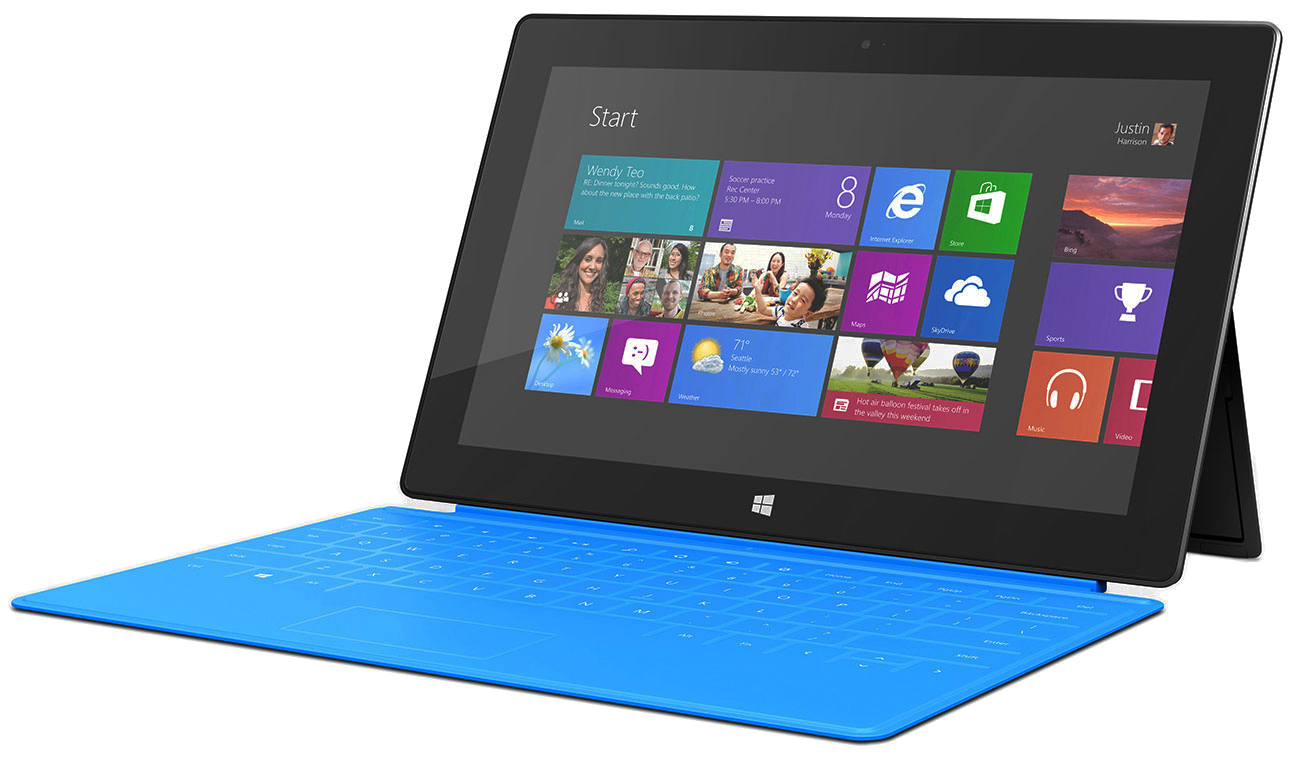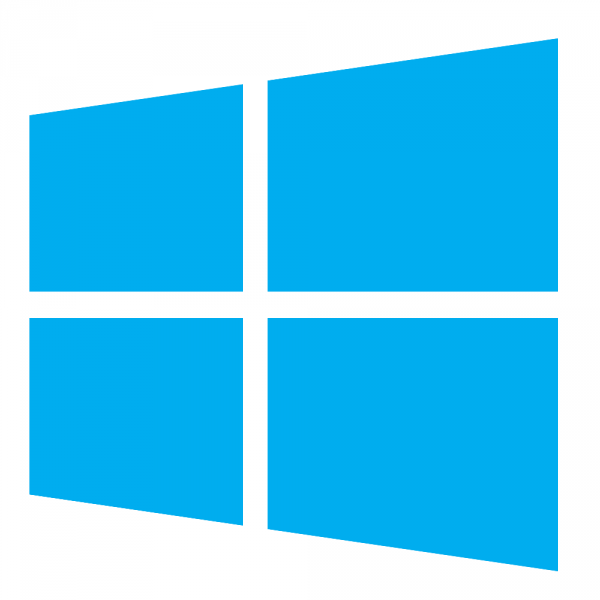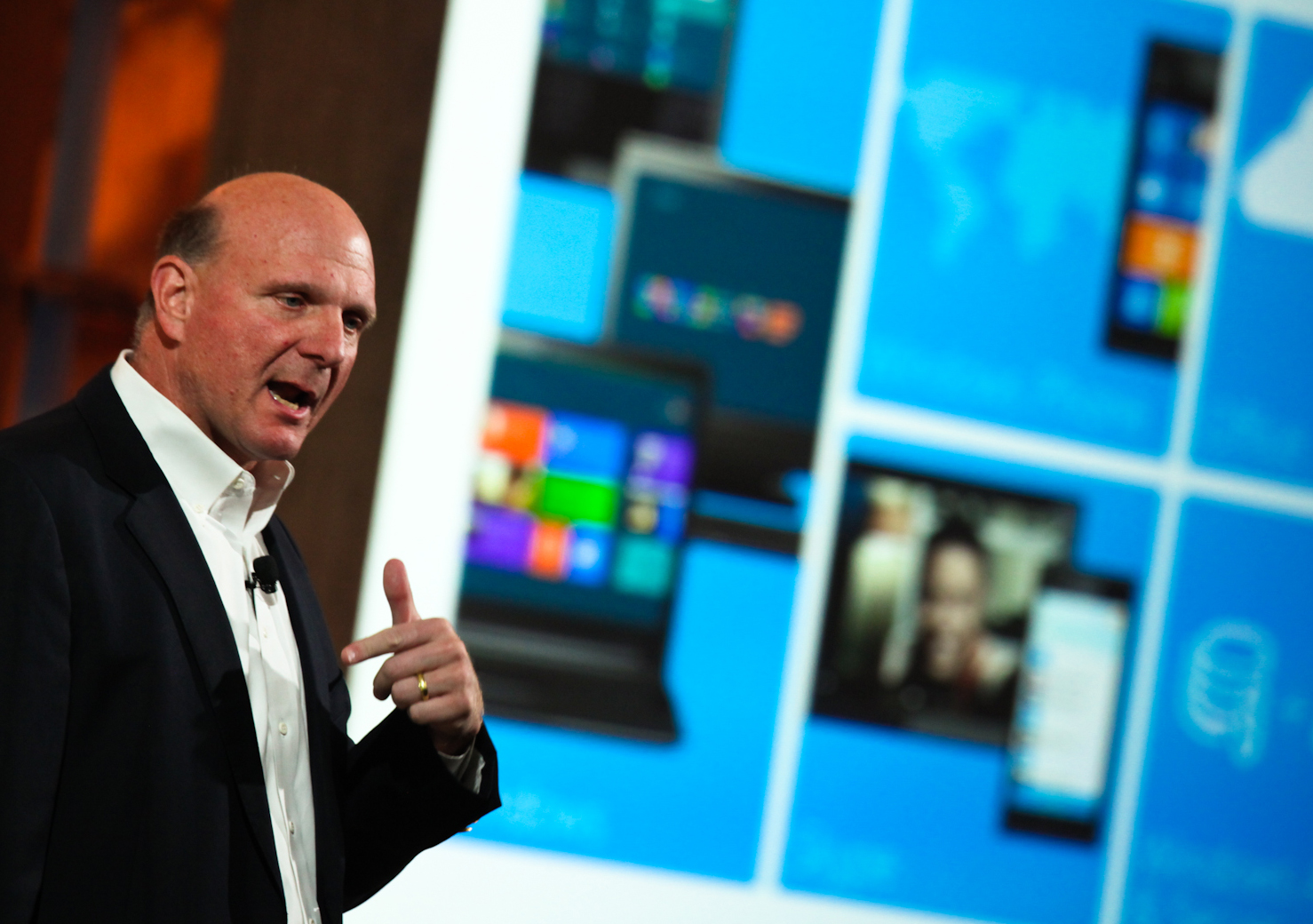
DH2i launches first container management solution for Windows Server
Containerization of applications has done much to enhance the flexibility and portability of software as it makes it easy to move between in-house, private cloud and public cloud.
Until now, however, it's been restricted to Linux systems, using solutions like Docker, or Oracle servers running Multitenant. Now though containerization is coming to Windows servers as DH2i launches its DxEnterprise container management solution for Windows Server.

Why is Dell crippling its low end server RAID cards?
When scoping out new servers for customers, we usually look towards Dell, as their boxes have the right mix of price, performance, expandability, and quality that we strive for. RAID card options these days are fairly plentiful, with our sweet spot usually ending up on the PERC H700 series cards that Dell preinstalls with its midrange to higher end PowerEdge server offerings.
But recently we were forced into using one of its lower end RAID cards, the H200 PCIe offering. This internal card was one of the few dedicated RAID options certified to work in a refurbished server we had to put back into production, a Dell R210 1u rack unit. The specs looked fine and dandy in nearly all respects, except for one area that I like to avoid: the lack of dedicated battery backed flash cache.

Migrating from Windows Server 2003: 12 best practices straight from the trenches
Most of us have hopefully managed to get off the sinking ship that was Windows XP. As much of a recent memory as that has become, a new end of life is rearing its head, and it's approaching fervently for those who haven't started planning for it. Microsoft's Windows Server 2003, a solid server operating system that's now about eleven and a half years old, is heading for complete extinction in just under 300 days. Microsoft has a fashionable countdown timer already ticking.
Seeing as we just finished our second server migration in a single week (a personal record so far), sharing some of the finer aspects of how we are streamlining these transitions seems like a timely fit. This braindump of sorts is a collection of best practices that we are routinely following for our own customers, and they seem to be serving us well so far.

Microsoft's Q4 FY2014 earnings by the numbers
Microsoft has released its earnings results for the fourth fiscal quarter of the year (that is Q2 CY2014), posting revenue of $23.38 billion, gross margin of 15.79 billion and operating income of $6.48 billion. As a result, earnings per share (EPS) came in at $0.55 (below analyst expectations of $0.60).
Revenue, gross margin and operating income are higher than a year before, when they reached 19.89 billion, 14.29 billion and 6.07 billion, respectively. However, EPS is lower, dropping from $0.59. "We are galvanized around our core as a productivity and platform company for the mobile-first and cloud-first world, and we are driving growth with disciplined decisions, bold innovation, and focused execution", says Microsoft CEO Satya Nadella. "I'm proud that our aggressive move to the cloud is paying off -- our commercial cloud revenue doubled again this year to a $4.4 billion annual run rate".

How we did it: A desk-less workforce built on Surface tablets and Windows RDS
One of the biggest problems I have with all those fancy iPad rollouts in corporate America is that they are merely patching a larger problem instead of solving it. Let's face it, nearly 60 percent of tablet buyers currently are not replacing their primary mobile devices -- they're merely supplementing them. Less than 9 percent truly see themselves replacing their laptops with tablets. If tablets are the future of mobile computing, there is a serious problem with their perception by non-consumption driven buyers.
When one of my customers approached us about helping them migrate an aging, near-crippled fleet of netbooks into modern tablets, I knew there had to be a better way than the "iPad standard". We initially toyed with the idea of getting tablets to use in conjunction with GoToMyPC or LogMeIn, but the recurring costs on such an approach started to balloon. Plus, a workforce that lives and dies by the full Microsoft Office suite would never adjust to a touch-only future.

Microsoft reorganization is long overdue
Today, over at all AllThingsD, Kara Swisher reports that a major Microsoft makeover is imminent. Reorganization is bloody well overdue, and timing makes sense. The company's fiscal year closes June 30, and the final quarter is when employees, product groups and future plans are evaluated and rewarded and when internal changes occur.
I strongly expect the new structure to mesh with CEO Steve Ballmer's mandate Microsoft is now a "devices and services" company. His larger challenge is surmountable: Enabling a stronger siloed Microsoft that disables a power structure that resembles "A Game of Thrones" -- too many fiefdoms fighting cross-purposes to the kingdom Bill Gates created. Under the current structure, Ballmer deals with only five kingdoms, rather than book and HBO series' seven.

Microsoft Q3 2013 by the numbers: $20.49B revenue, 72 cents EPS
Today, after the closing bell, Microsoft revealed what might be the closest-watched quarterly results in 11 years. Fiscal third quarter, like the one in 2002, marks a time of record-low PC shipments, with blame falling on the newest operating system. In recent weeks, every idiot arm-chair pundit imaginable has taken to the web to proclaim Windows 8 a failure and prophesying Microsoft's doom. Not so fast. This company is still a money machine.
For fiscal Q3, ended March 31, Microsoft revenue reached $20.49 billion. Operating income: $7.61 billion and net income was $6.06 billion, or 72 cents a share.

The next Windows won't be called Blue
Microsoft knows something about cool codenames, but little on how to name actual products. Whistler, Longhorn, Cougar, Blackcomb, Vienna and even Blue all sound great, resounding and promising, but that impression goes away fast when Microsoft baptizes its creations: XP, Vista or 7. The guy with the cool names went on a bathroom break, and all the boring suits took over.
That's the very same impression I get after reading about Microsoft's "Looking Back and Springing Ahead" blog post, which touts a number of apparently impressive achievements and future plans that the company has. Lo and behold, there's even a strategy in place to raise the pace for "updates and innovations" -- that's the "new normal across Microsoft", according to the company. But then I notice the Windows Blue reference.

Microsoft BUILD 2013: 'If you're going to San Francisco...'
Suddenly San Francisco is the hot developer ticket of the year. Say, can I just rent a room in your house for May and June? Today, Microsoft announced that BUILD 2013 will take place from June 26-28 at the Moscone Center in the city on the bay. Google will be there, same city and venue, with I/O from May 15-17. Apple usually holds its developer conference there in early June but hasn't announced. Big Three trio would be a helluva travel schedule for anyone flying in from anywhere else, particularly outside North America. Choose your event(s) wisely.
I just have to ask: Did Microsoft bump Google? Last year, I/O moved from its more typical May schedule to late June -- 27th-29th. Did Steve Ballmer and Company book early and lock in the dates? I don't really care, and it's not news, but speculation is delicious given the rivalry between these two companies.

Microsoft Q2 2013 by the numbers: $21.5B, 76 cents EPS
Late this afternoon, Microsoft answered a question oft-asked by investors this month: What's up with Windows 8? The new operating system, which launched October 26, was supposed to lift sagging PC sales and demonstrate the capability to successfully compete with so-called post-PC platforms like Android and iOS. Now we know more. Windows & Windows Live revenue passed Business, making the OS division most-valuable again.
For fiscal second quarter, ended December 31, Microsoft revenue was $21.46 billion, up 3 percent year over year. Operating income: $7.77 billion, a 3 percent decrease. Net income was $6.38 billion, or 76 cents a share.

Eight things Microsoft should be thankful for in 2012
Another Thanksgiving arrives here in the United States, and some people consider what they have to be grateful for. I celebrate by talking turkey, not just eating it, about the companies I cover. It's tradition, going back to 2006, that I present the things Microsoft should be grateful for.
Last year, 11 items made the list, keeping with the 2011 theme. For 2012, I reduce the list to eight; my hat tip of respect to Windows 8, which launched nearly a month ago. There are many more things Microsoft could be grateful for, but I chose some that might not readily come to mind. The list goes from least to most important.

Windows Server Essentials 2012 finally available for everyone
Windows 8, Windows RT, Surface, and Windows Phone 8 may have received all of the public's attention recently, their comrade Windows Server Essentials 2012 has officially become available with almost no fanfare.
Windows Server Essentials 2012 is a lower-end consolidation of the next-generation versions of Windows Small Business Server (Essentials and Standard), Windows Home Server, and Windows Storage Server Essentials in a single product. It also comes with some rather important new features for the home office and small business (supporting up to 25 users).

Who killed Windows Small Business Server? Google
Most people probably didn't turn a glance at Microsoft's other big recent release, Windows Server 2012. Server operating systems rarely get much attention, and appropriately so; their appeal and importance really only extends to the rank and file of server administrators and other similar decision makers. And plus, with Windows 8 and Surface making the public rounds, there's plenty of fanfare to go around.
But there's something most obviously missing from the latest Server 2012 lineup, and that is a subsequent Small Business Server release. Redmond Channel Partner magazine first brought this to my attention. Not only did SBS get the axe, but Microsoft also went on to kill off Windows Home Server as well. The last public version of WHS was version 2011, which happened to be the second and final release in this platform's short lived history.

Tech tribalism leads to BAD computing decisions
Computing, and I use the term in the widest sense, has always been tribal to an extent. People have loyalties, and there’s nothing wrong with that. This year, tribes are called "ecosystems", but whatever the current label, looking around the Interweb it seems to me that tribalism is becoming more prevalent and more aggressive. It’s as if everyone stood on soapboxes with their fingers in their ears, shouting "LALALALALALALA", while at the same time (a good trick, this) yelling through a megaphone that theirs is the only way and anyone who doesn’t agree is just too stupid to be considered human.
Famously, way back in 1994, the writer and thinker Umberto Eco (The Name of the Rose) compared computing loyalties to religions: Apple followers were Catholics who believed that they would find salvation through following the One True Path. Conversely, PC users, like Protestants, were obliged to find their own way through the many paths open to them, and not all would be saved. And (I guess) Linux users are the hairy prophets who come out of the desert proclaiming, "It’s really easy. Honestly. And these days you only have to scourge yourself with thorns once a week …"

Steve Ballmer asks customers, partners and shareholders to believe in Microsoft
Today, Microsoft's CEO released his annual shareholder letter, which also is meant for customers, employees and partners. Steve Ballmer's looking back-peering ahead missive comes as the company stands on a precipice between the PC and cloud-connected device eras and seeks reinvention through an unusually strong late-year release cycle that includes Surface tablets, Windows 8, Windows RT and Windows Server 2012.
Under Bill Gates, Microsoft sought to put a PC on every desktop, with software innovation driving that effort. Ballmer describes post-PC Microsoft as a "devices and services company", which aptly describes the fundamental shift in progress. Services focus reminds of IBM, which dominated the mainframe era the PC displaced. This devices and services ambition "impacts how we run the company, how we develop new experiences, and how we take products to market for both consumers and businesses".
